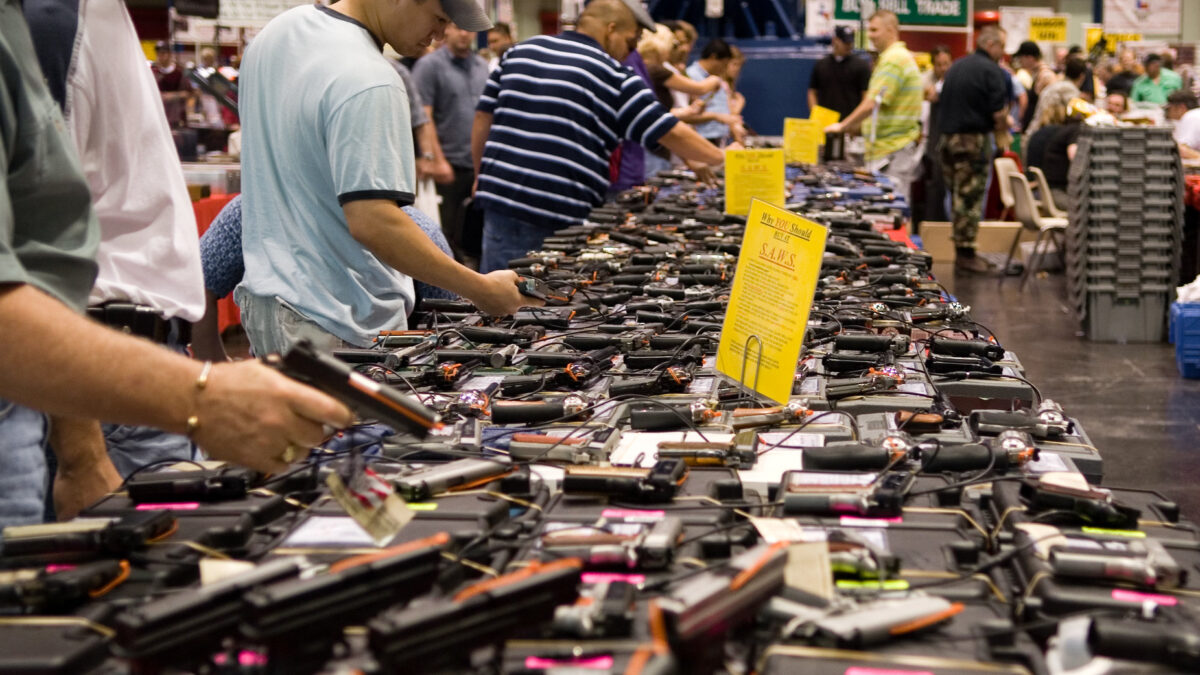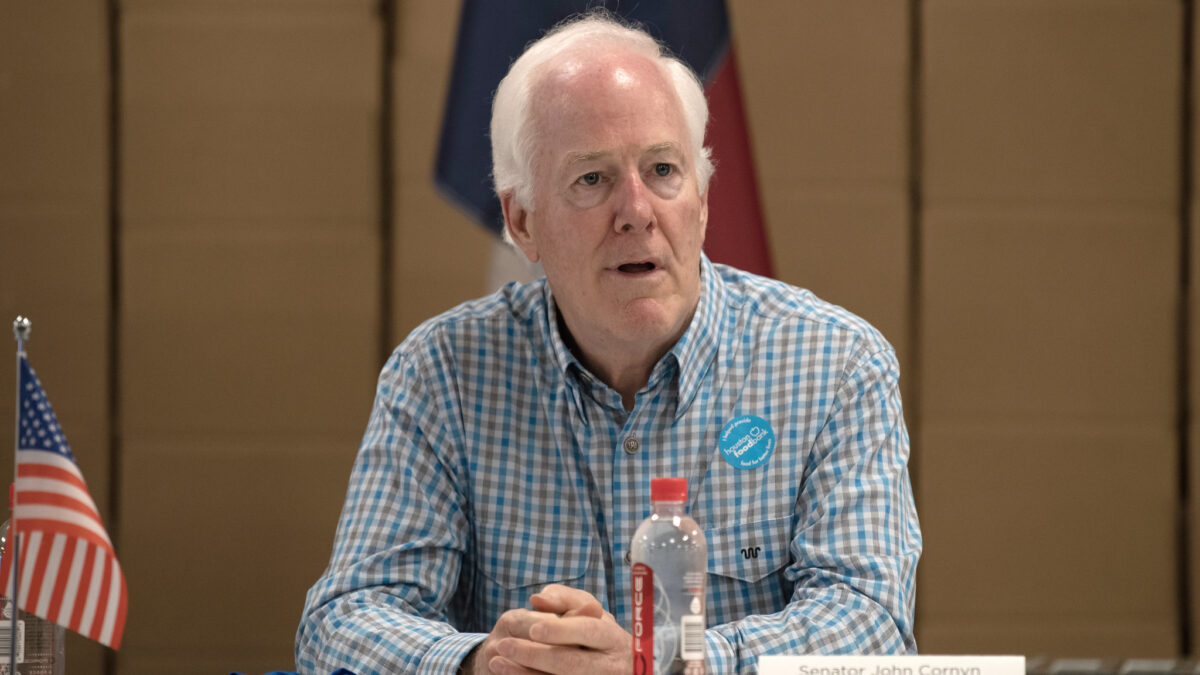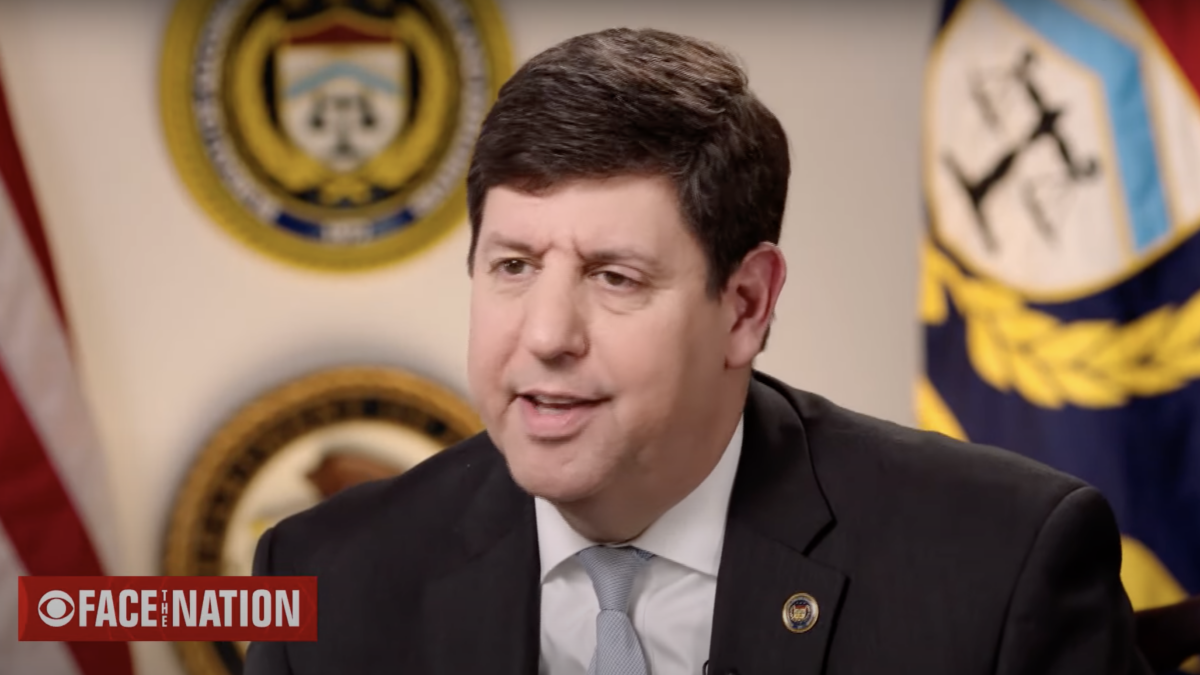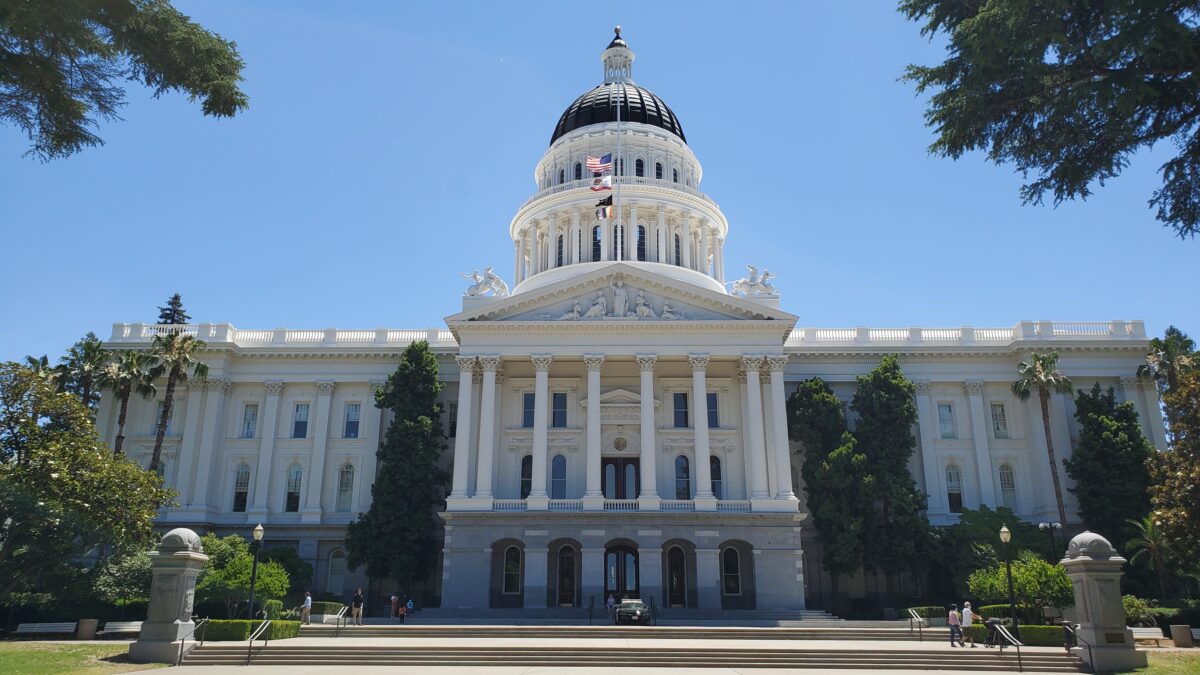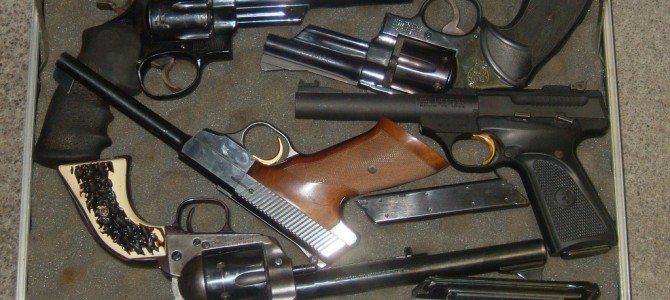
Last week I reiterated what most people already know and what the Supreme Court has upheld multiple times—that, in contrast to the “collective rights” model of the Second Amendment, owning a firearm is an individual right. It might have been worth it to write something else, if only because the FBI recently hammered the point home itself: 2013 counted the most background checks for firearm purchases since 1998, when the National Instant Criminal Background Check System went into place.
The FBI’s report doesn’t tell the whole story. Reportedly, household gun ownership has declined to a record low of 34%; yet, in contrast, another poll showed nearly 50% of houses self-reported having a gun on the property. In any event, it remains that America still has the highest rate of private gun ownership in the world.
Yet where’s the exploding crime rate? The gun control lobby has been claiming for years that the more guns in private hands, the more gun violence we’ll see; the perennial hyperventilation is given to fears of a kind of Wild West America of lawless anarchy, wherein every gun owner is prepared to shoot from the hip at the first sign of danger.
Well. Last year the Department of Justice released a report revealing that firearm homicides declined nearly 40% between 1993 and 2011, and nonfatal firearm injuries declined nearly 70% within the same time period. Every year since 2002 has seen a rise in the number of NICS background checks performed, yet in 2011 the firearm homicide rate was lower than it was in 2002; in fact, all firearm violence, both fatal and nonfatal, was lower the former year than the latter.
The United States retains the highest rate of civilian gun ownership on the planet, and it maintains the highest number per capita of gun homicides in the developed world—which is enough to convince gun controllers that civilian gun ownership is a failed experiment that needs to be scrapped. Yet curiously enough, the gun controllers never seem to notice—or else they’re plainly ignoring—the baffling cases of countries like Brazil, a nation that has nearly twenty times less the amount of civilian-owned guns as the United States, yet has nearly triple the amount of gun homicides. (Of course, Brazil isn’t part of the “developed” world, so it generally isn’t lumped in with first-world countries like the United States—a useful divider when one is attempting to ignore inconvenient facts).
So what gives? Why do we have more guns in private hands, yet less gun violence? Why do some countries with drastically lower gun ownership nonetheless have grossly higher gun violence rates? However we might propose to lessen the amount of gun violence in the United States, it is plainly self-evident that the simple equation of “Less Guns, Less Crime” doesn’t really add up, not in this country, and not when we’ve seen more guns and less crime over the past few decades. If we’re going to reduce gun homicides in the United States, the solution must necessarily be more complicated than the honest but uninformed notions that have colored the gun control movement for the past twenty years or so.
Advancing on a single issue
With that in mind, there is every reason for gun rights advocates to be wholly suspicious of the even moderate encroachments upon America’s gun freedoms that frequently arise. While this columnist was last week bloviating about the individual right to own a gun, California’s legislature did me one better and proposed background checks for ammunition purchases. According to state senator Kevin de Leon:
“The ammunition is the fuel that feeds the violence. The gun itself…is the delivery device. The gas, the fuel, is the ammunition, and no one knows who buys it.”
From a purely stylistic point of view, one has to concede that this is a dramatically muddled and sloppy metaphor. Violence is committed, for one, not fed; it is an act, not a set of circumstances. Yet even if we concede the senator that bizarre rhetorical device, his characterization of a gun is a real head scratcher—it’s a “delivery device” for “fuel” that “feeds violence.” What does this really even mean?
In any event, the rationale for ammunition background checks is tenuous: in 2012, the Sacramento Police Department “reported that it had tracked 349 people prohibited from owning firearms who nonetheless purchased ammunition.” We don’t learn if these people ever ended up using the ammunition to commit gun violence, and indeed we’re not given any compelling evidence that background checks for ammunition has any negative effect on gun violence rates.
But the gun control lobby doesn’t really need compelling evidence, or really much evidence at all, to justify gun legislation of any kind. It’s a mark of the lobby’s anti-gun devotion that the major gun control proposal of last year—a dramatic expansion of background checks mandated by Washington—would not have stopped massacres like those that occurred at Newtown, Tucson or Aurora. Even successful legislation like the Assault Weapons Ban of 1994 dealt primarily with cosmetic features, did not outlaw any weapons manufactured prior to the passage of the law, and didn’t end up having a measurable effect on violent crime rates.
So why the ineffective, inconclusive and seemingly-pointless legislation? As economics professor Walter Williams put it, laws that strip Americans of their fundamental liberties “are always advanced as a single issue.” There’s every reason to believe that politicians and pundits might honestly recognize that mandated background checks for ammunition won’t have much of an effect on crime—yet they know that once Californians, say, have become comfortable with such a law, it will then becomes much easier to pass another, more restrictive law. Gun controllers, for instance, are ceaselessly lecturing gun owners about how under the National Firearms Act of 1934 we effectively cannot own fully automatic weapons, thereby stipulating that gun rights are subject to some limitations. But the NFA’s prohibition on automatic weapons does not ipso facto legitimize any other firearm law—and more importantly, the NFA does not ipso facto legitimize the NFA.
A self-referential appeal to authority hardly justifies a government to continually strip its citizens of their rights. But for many people, it’s a perfectly reasonable justification, which is why little piecemeal maneuvers such as California’s ammunition law are so troubling: if it passes, we can expect a kind of legislative stare decisis a few years down the road, where a new gun control measure cites ammo background checks as an authority. As we’ve seen, gun violence is a complicated and critical issue that deserves a great deal of thought, but our commitment to making America safer should not come at the cost of our vital liberties—and we should be aware of the little but significant efforts to take those vital liberties away.
Daniel Payne blogs at trialofthecentury.net. You can follow him on Twitter


